
Project gateway
Get to know the 100 projects that we fund so far. You can also check the list of operations to find out who receives the funding.
Browse our projects
15
161
136
2
52
27 m €

Boosting the bioeconomy
The bioeconomy concept seeks to replace fossil resources with renewable raw materials in as many areas and applications as possible. The BIOECO-UP project widely establishes this concept across central Europe. The partners will design new circular value chains for the bioeconomy and change consumer behaviour. They will also support the policy level to push ahead with the transformation.

Standardising circular public procurement processes
Circular procurement considers the whole life cycle of goods and services and can help to avoid negative environmental impacts. However, no common standards exist so far and requirements for incorporating circular criteria into public tenders vary from country to country. The CE-PRINCE project steps in to standardise circular procurement approaches across central European countries and industries. The partners improve capacities of public authorities to ...
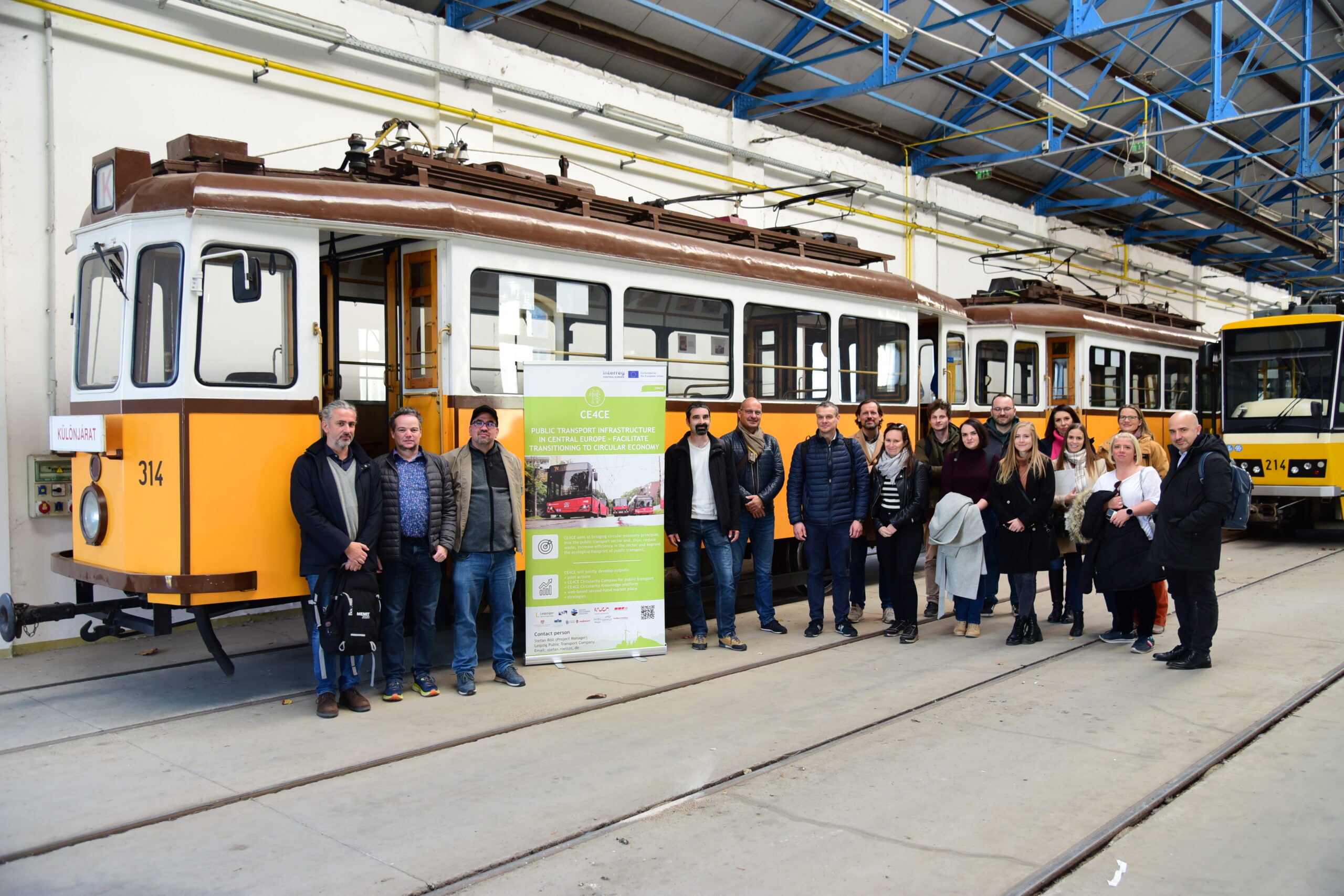
Greening public transport
Public transport helps to lower emissions but it is still resource- and waste-intensive in itself. The CE4CE project reduces the ecological footprint of public transport through a higher circularity. The partners identify circularity gaps and develop innovative circular economy models for planners and operators. They provide guidance on how to incorporate circular economy principles into procurement processes for services and infrastructure and design more ...
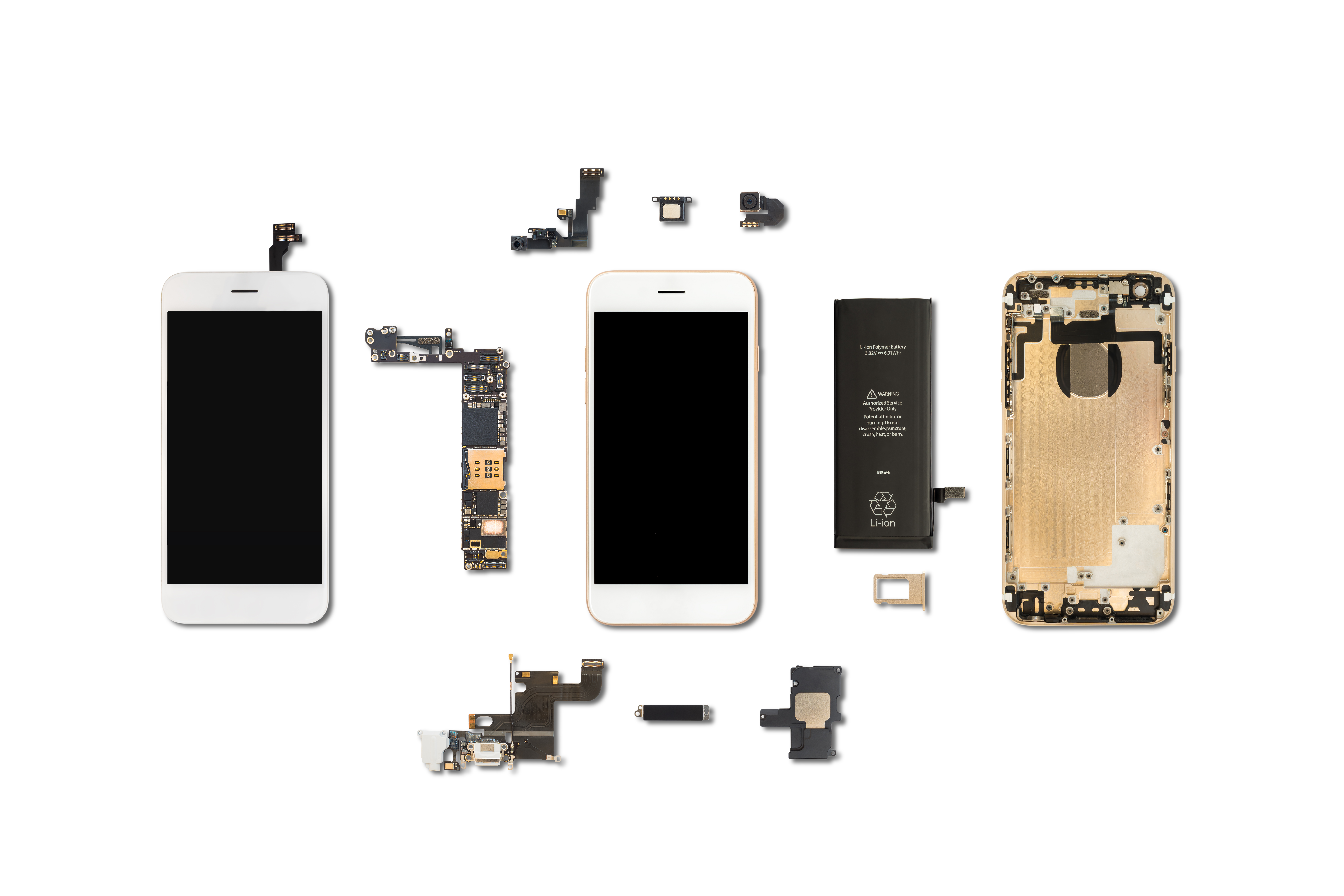
Increasing circularity in electronics production
The environmental impact of electronics manufacturing is not just limited to waste creation but also raises concerns about air pollution, water and soil contamination in production processes. To overcome this, the CIRCOTRONIC project brings together scientists, entrepreneurs, and policy makers from nine manufacturing regions in a transnational network of regional circular labs. Together, they develop solutions for more circular value chains and design a ...

Taking care of electronics waste
Discarded electrical and electronic equipment is one of the fastest-growing waste streams in Europe. Regional approaches to reducing, recovering and reusing such equipment need to be better coordinated to prevent illegal waste trafficking and disposal across borders. The Circular WEEEP project connects public authorities to identify good practices and define common waste criteria. The partners also plan to develop and test a transnational strategy ...

Preventing food waste through circularity
Nearly ten percent of all food produced for consumers goes to waste in Europe. Circular economy could help prevent much of that waste but businesses and regional planners often do not know how to introduce them. The project CIREVALC helps them to make regional value chains in the food, catering and packaging sectors more circular through a community approach. The partners jointly design and ...
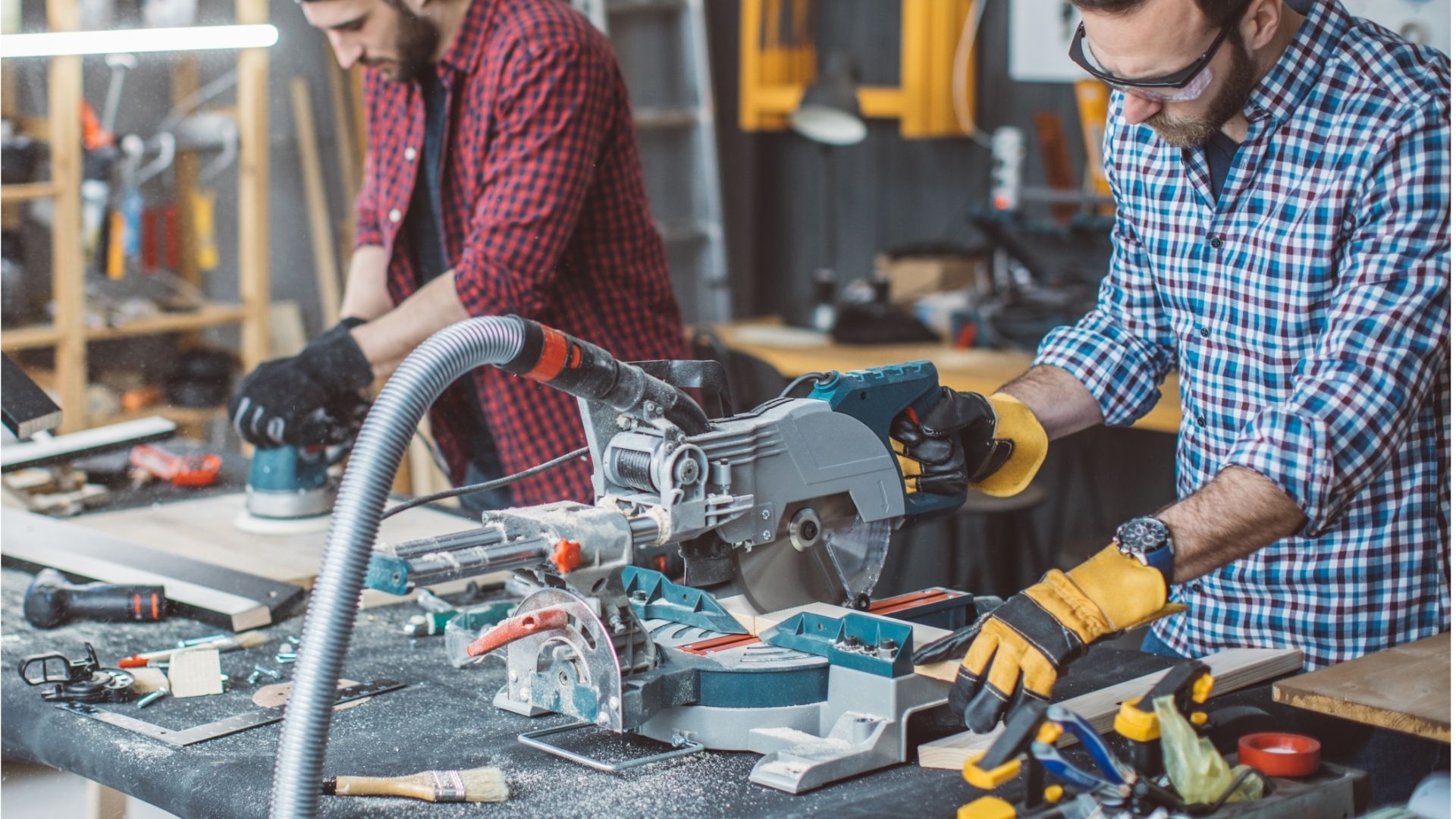
Piloting circular products in the manufacturing industry
The ongoing transition to a circular economy is not only a tedious obligation for the manufacturing industry. It also offers an opportunity to develop innovative sustainable products. The CURIOST project helps small- and medium-sized companies in sectors like mechanics, packaging, plastics, and construction to harvest the potential benefits. They help selected companies to co-develop tailor-made, innovative, sustainable and circular product prototypes. The learnings are ...
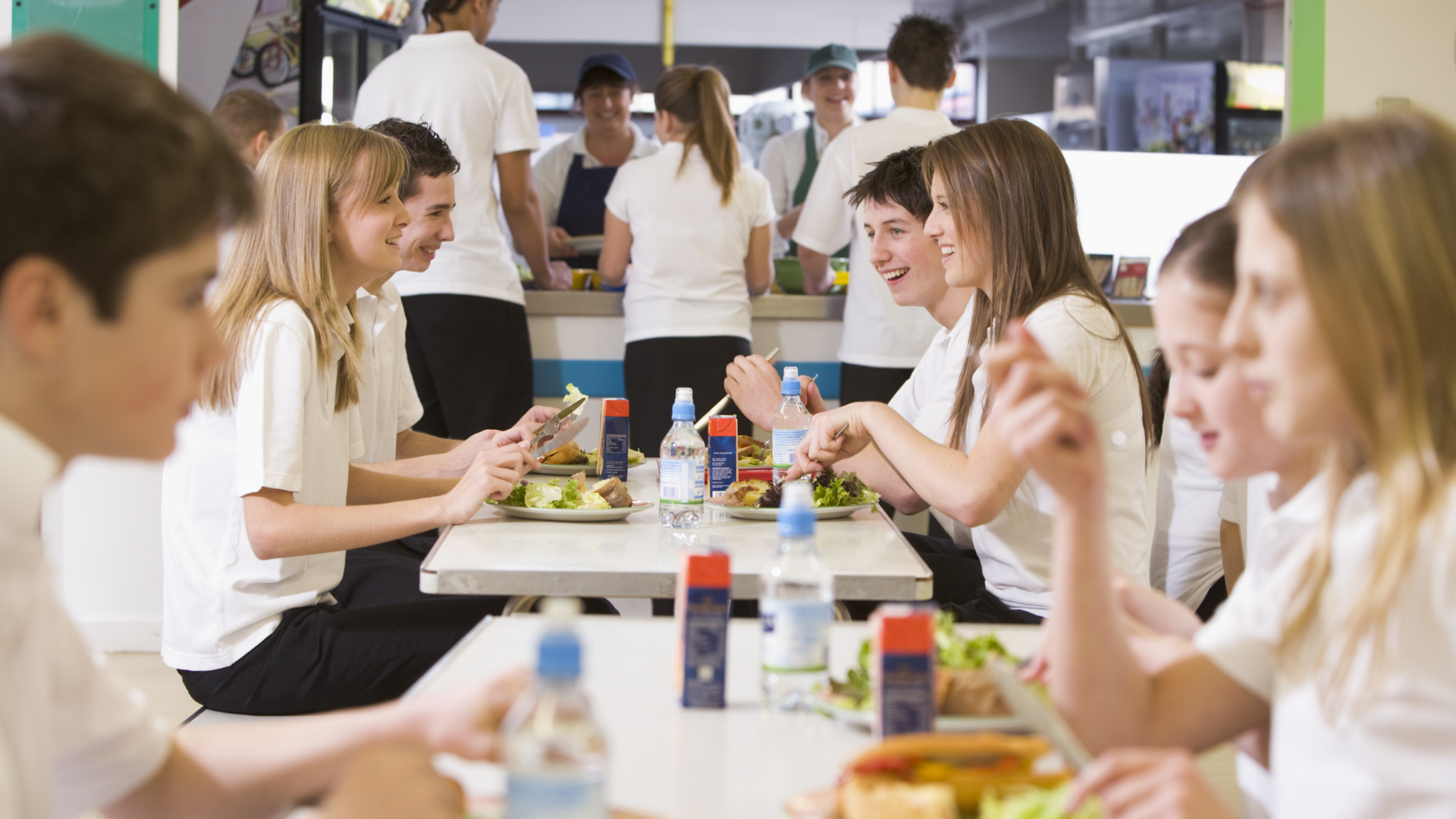
Reducing food waste at schools through repurposing
Food waste has negative social, environmental, and economical impacts. It is estimated that about 20% of all food produced is wasted in the EU every year - and school canteens even throw away up to 70% of their prepared meals. The foodCIRCUS project works with schools to minimize this food waste. It promotes food waste prevention, and explores innovative circular methods like repurposing waste ...
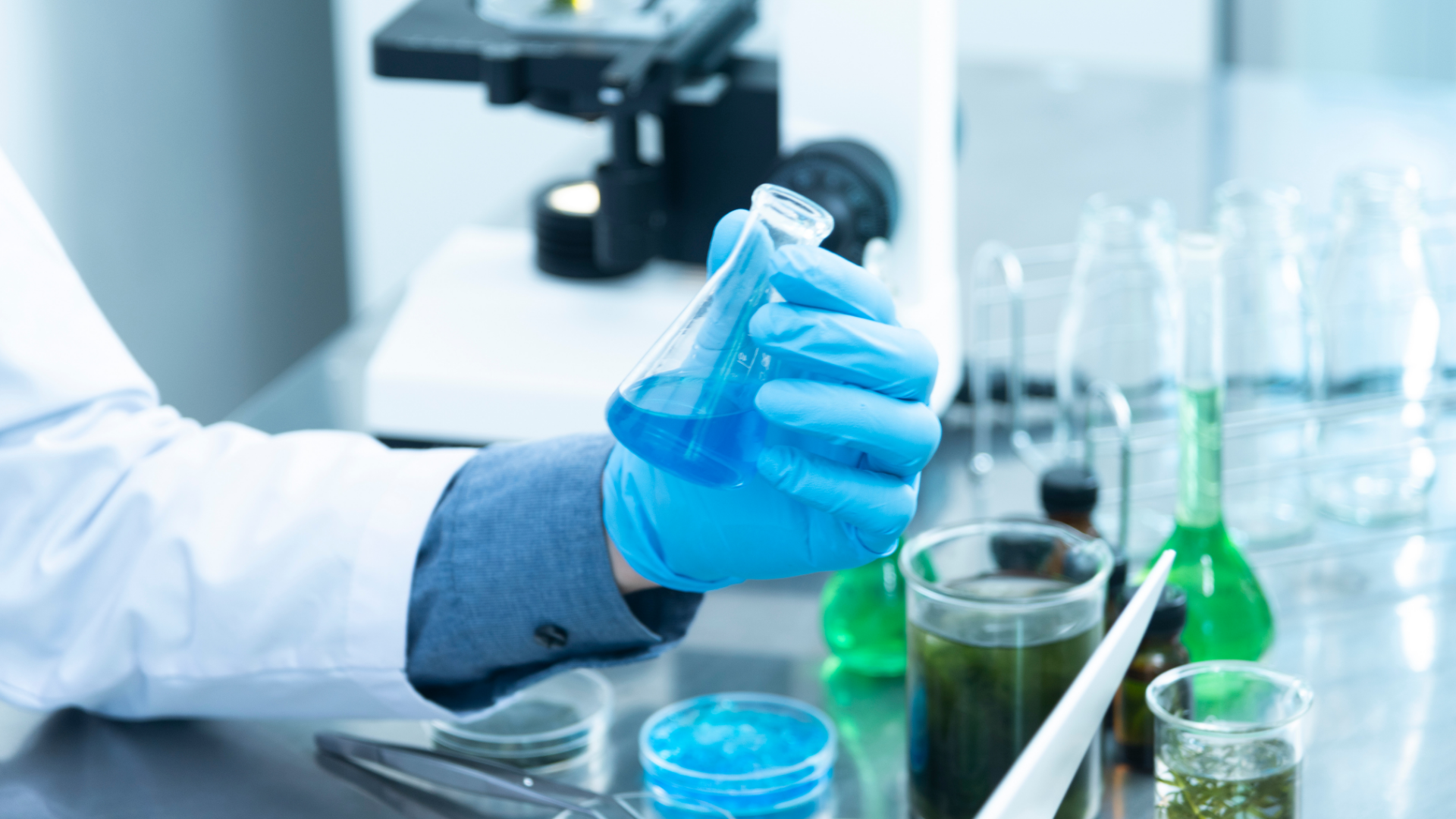
Cleaning up the chemical industry
The chemical industry in central Europe struggles with excessive waste, high greenhouse gas emissions, and a strong reliance on petroleum-based materials. The GreenChemForCE project helps companies to change production processes from linear production streams to circular systems. The partners test new technologies that reduce hazardous solvents and reuse remaining ones. They also develop a strategy for the production of greener chemicals and train a ...
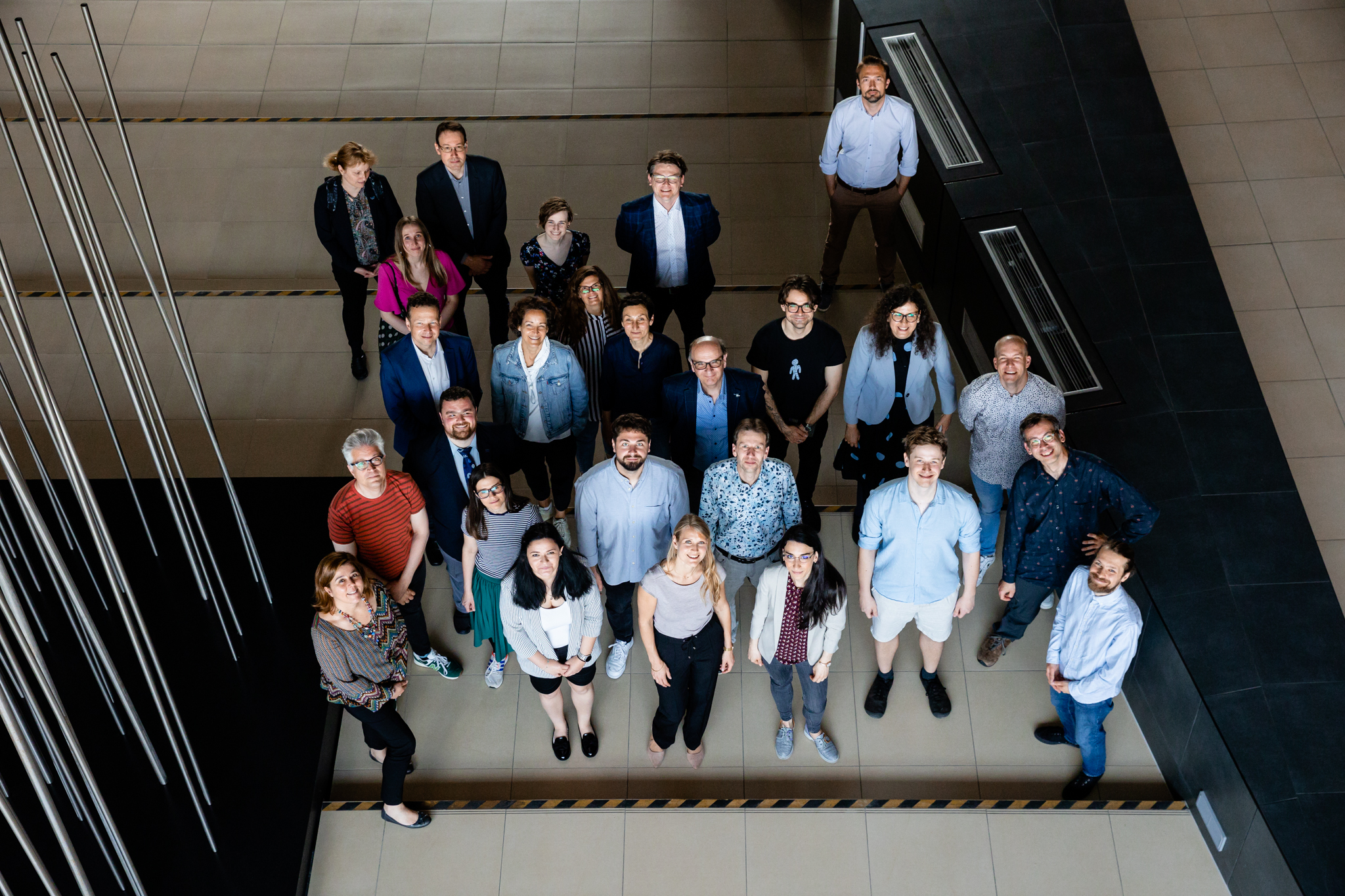
Revitalising fading city centres
City centres have long been busy places where people meet, shop and consume. This started to change fast when the Corona pandemic and growing online trade forced many shops to close. The NiCE project re-vitalises fading city centres by making local trade and consumption more circular and sustainable. The partners develop innovative urban development approaches, which focus on the creation of multifunctional resource centres ...

Building a greener construction sector
The construction industry heavily contributes to resource consumption, waste generation, and greenhouse gas emissions. The adoption of circular and digital practices can help reduce the environmental impact of the sector. The ReBuilt project promotes these approaches in an education programme and deploys new solutions. The partners also design a transnational circular and digital construction strategy that builds on green labelling, end-of-waste criteria, and green ...
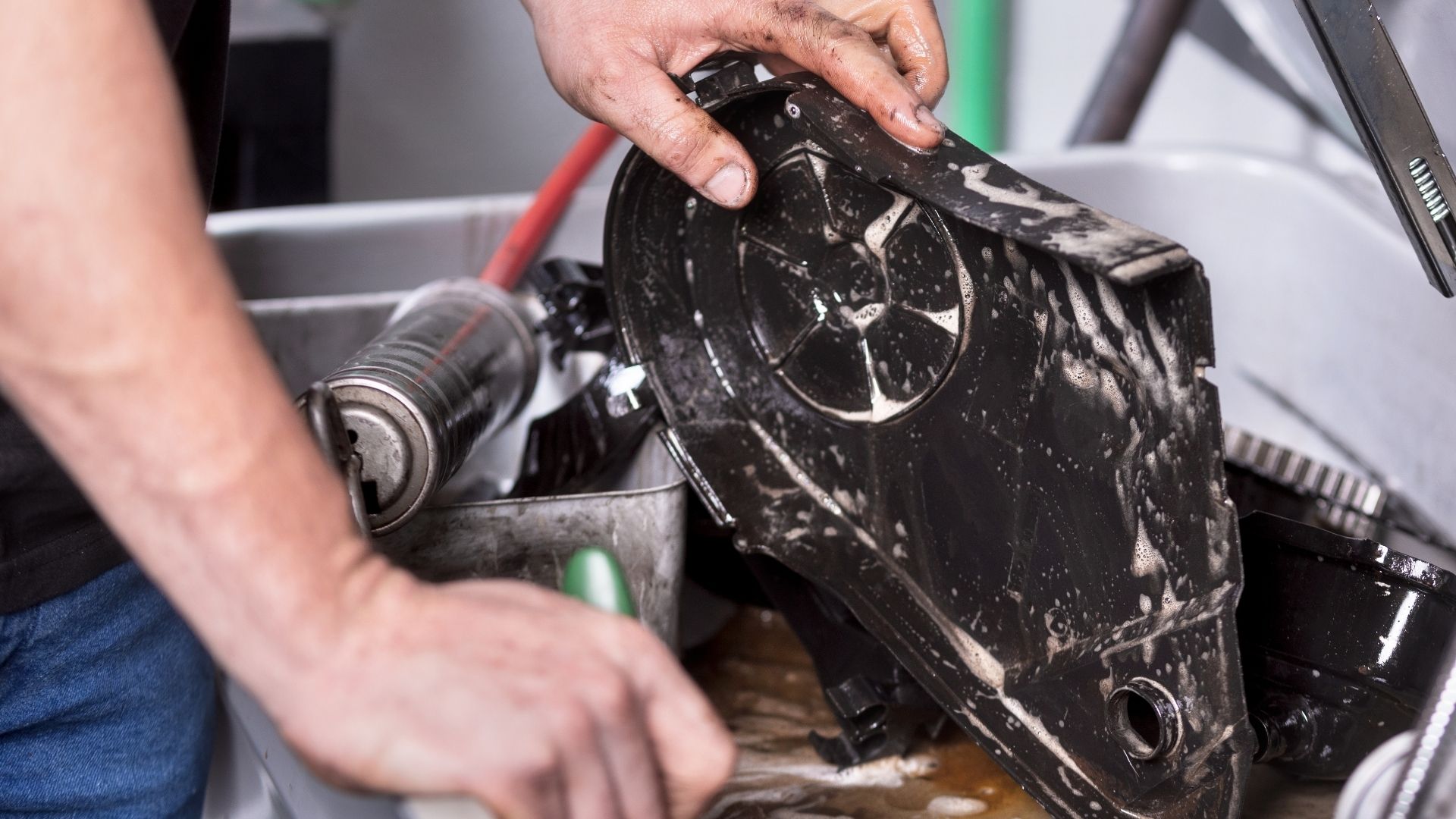
Making the mechanical sector more circular
The manufacturing industry in central Europe uses a lot of resources but recycles only 12%. To improve circularity, waste streams need to be better understood and new solutions developed. The REUSE2030 project analyses current waste streams and circular practices in the mechanical sector. This leads to a new digital circular inventory, which empowers mechanical companies to autonomously choose sustainable practices. The inventory is complemented ...
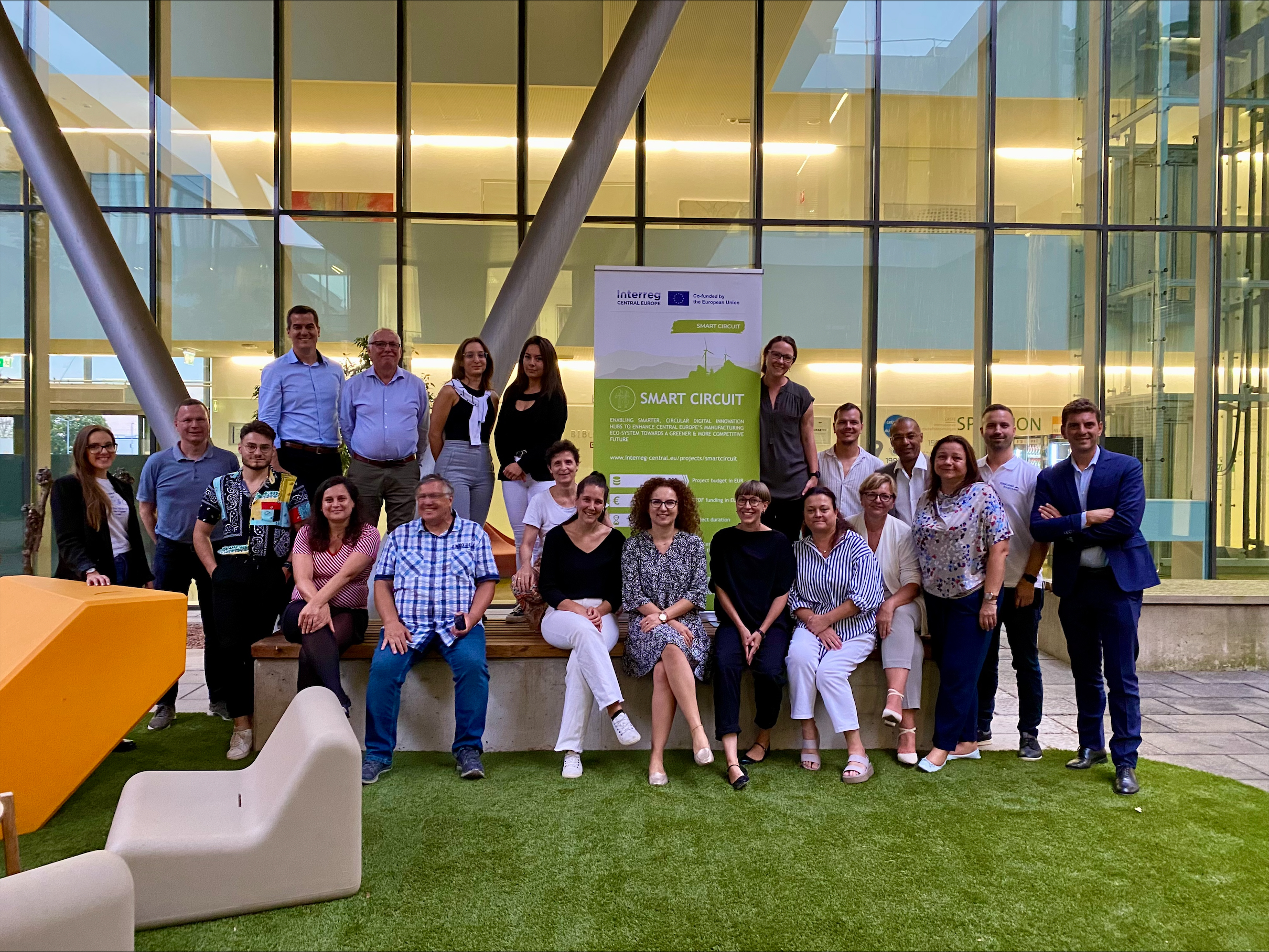
Cleaning up the manufacturing industry
Manufacturing is an important employer in central Europe. But it is also resource-intensive and produces much waste and emissions, especially in value chains related to the electronics, construction and textiles sectors. The SMART CIRCUIT project extends the scope of existing digital innovation hubs to promote circular economy practices. By connecting these hubs throughout central Europe, the partners increase knowledge on best practices and strengthen ...

Crafting new products from industrial waste
Approaches to circular economy are often fragmented and inefficient. They suffer from a lack of cooperation and symbiosis across sectors. The SYMCRAFT project fosters collaboration between the craft sector and key industries like textiles, wood, furniture, and agri-food. The partners focus on the challenge of repurposing industrial waste from these sectors into innovative craft products. They pioneer eco-friendly business models tailored to the craft ...

Creating a market for biomass products
Central Europe has a strong potential for economically utilising biomass from agriculture. It can be processed in biorefineries and transformed into a range of high value products. But this circular approach is still in its early stages and needs support. The TeBiCE project contributes by establishing sustainable value chains for biomass-based products. The partners also help with creating a market for these products by ...